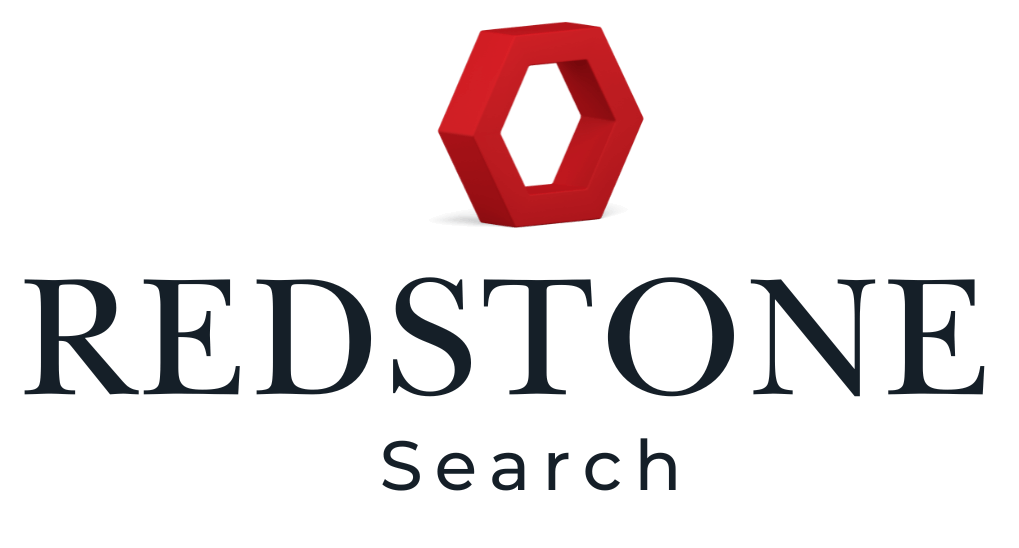In the world of commodities trading, volatility is the name of the game. From fluctuations in oil prices to shifts in agricultural yields, the landscape is constantly evolving, presenting both risks and opportunities for businesses. In this environment, skilled professionals in commodity risk management are indispensable. But what does it take to excel in this challenging field? Let’s explore the essential skills necessary for a successful career in commodity risk management.
1. Financial Acumen
At the core of commodity risk management lies a deep understanding of financial principles. Professionals in this field must possess strong analytical skills to assess market trends, evaluate risk exposures, and develop effective hedging strategies. A solid grasp of concepts such as derivatives, futures contracts, and options is essential for navigating the intricacies of commodity markets. Additionally, proficiency in financial modelling and risk assessment techniques is critical for making informed decisions in a fast-paced trading environment.
2. Market Knowledge
Commodity markets are influenced by a myriad of factors, including geopolitical events, weather patterns, and supply-demand dynamics. Successful commodity risk managers stay abreast of global developments and understand how these factors impact market prices. They possess a keen sense of market trends and are adept at interpreting data to anticipate shifts in supply and demand fundamentals. Whether it’s tracking the latest crop reports or monitoring geopolitical tensions in oil-producing regions, staying informed is key to staying ahead in commodity trading.
3. Risk Management Skills
As the name suggests, commodity risk management is all about managing risk. Professionals in this field must be skilled at identifying, quantifying, and mitigating various types of risk, including price risk, credit risk, and operational risk. This requires a disciplined approach to risk assessment and the ability to implement effective risk mitigation strategies. Whether it’s through diversification, hedging, or insurance, commodity risk managers must proactively manage risk to protect their organisations from potential losses.
4. Communication Skills
Effective communication is essential in commodity risk management, both internally and externally. Professionals in this field must be able to articulate complex financial concepts and market insights to stakeholders across the organisation, from senior management to front-line traders. Clear and concise communication is key to aligning strategic objectives, ensuring everyone is on the same page when it comes to managing commodity risk. Moreover, building strong relationships with external counterparties such as suppliers, customers, and trading partners is crucial for navigating the complexities of commodity markets.
5. Adaptability
Commodity markets are inherently volatile and subject to rapid change. Successful commodity risk managers must be adaptable and responsive to shifting market conditions. This requires the ability to think on their feet, adjust strategies on the fly, and capitalise on emerging opportunities. Whether it’s responding to sudden price movements or adapting to regulatory changes, flexibility is essential for navigating the ups and downs of commodity trading.
6. Data Analysis Skills
In the digital age, data is king, and commodity risk managers must be proficient in extracting actionable insights from vast amounts of information. Strong data analysis skills are essential for uncovering patterns, trends, and correlations within commodity markets. Whether it’s utilising statistical techniques, data visualisation tools, or machine learning algorithms, professionals in this field must leverage data-driven approaches to inform their decision-making process. By harnessing the power of data analysis, commodity risk managers can gain a competitive edge and make more informed trading decisions in today’s fast-paced markets.
7. Problem-Solving Abilities
Commodity markets are rife with uncertainty and complexity, presenting a whole host of challenges for risk managers to tackle. From supply chain disruptions to regulatory changes, unexpected events can have far-reaching implications on commodity prices and market dynamics. As such, strong problem-solving abilities are crucial for navigating these uncertainties and finding creative solutions to complex issues. Whether it’s devising innovative hedging strategies or troubleshooting operational inefficiencies, commodity risk managers must be adept at thinking critically and finding practical solutions to mitigate risk and seize opportunities. By honing their problem-solving skills, professionals can effectively navigate the ever-changing landscape of commodity trading and drive value for their organisations.

